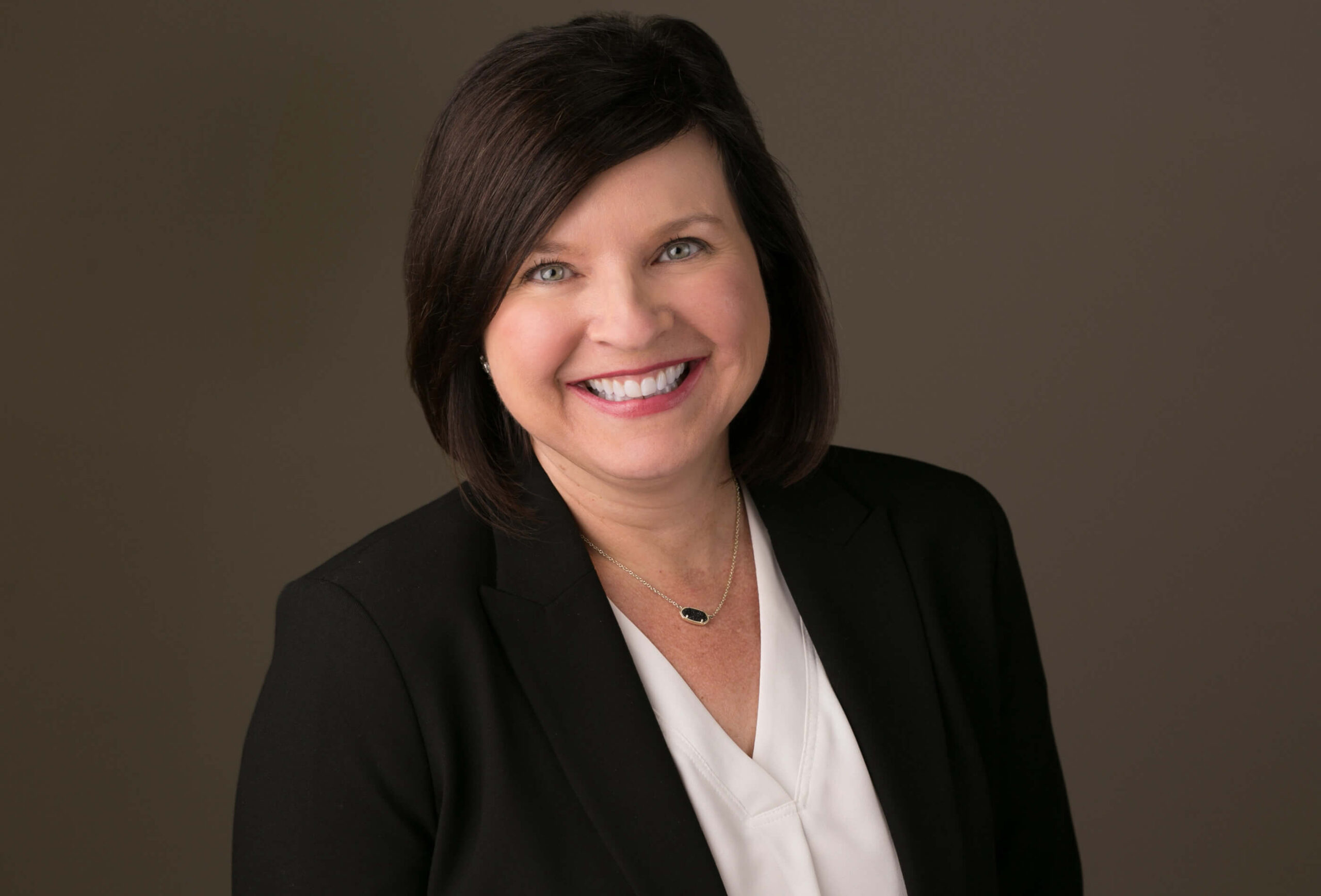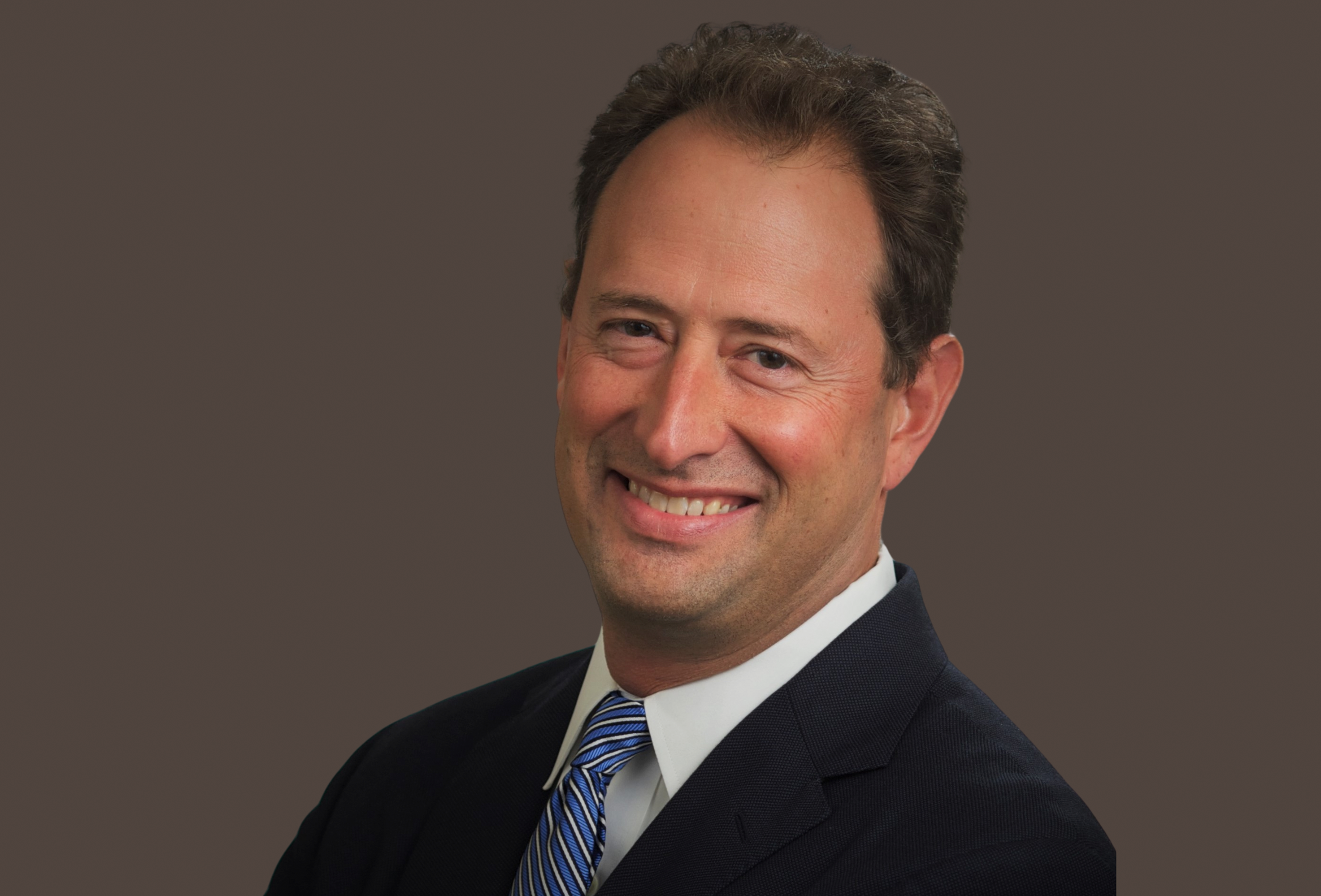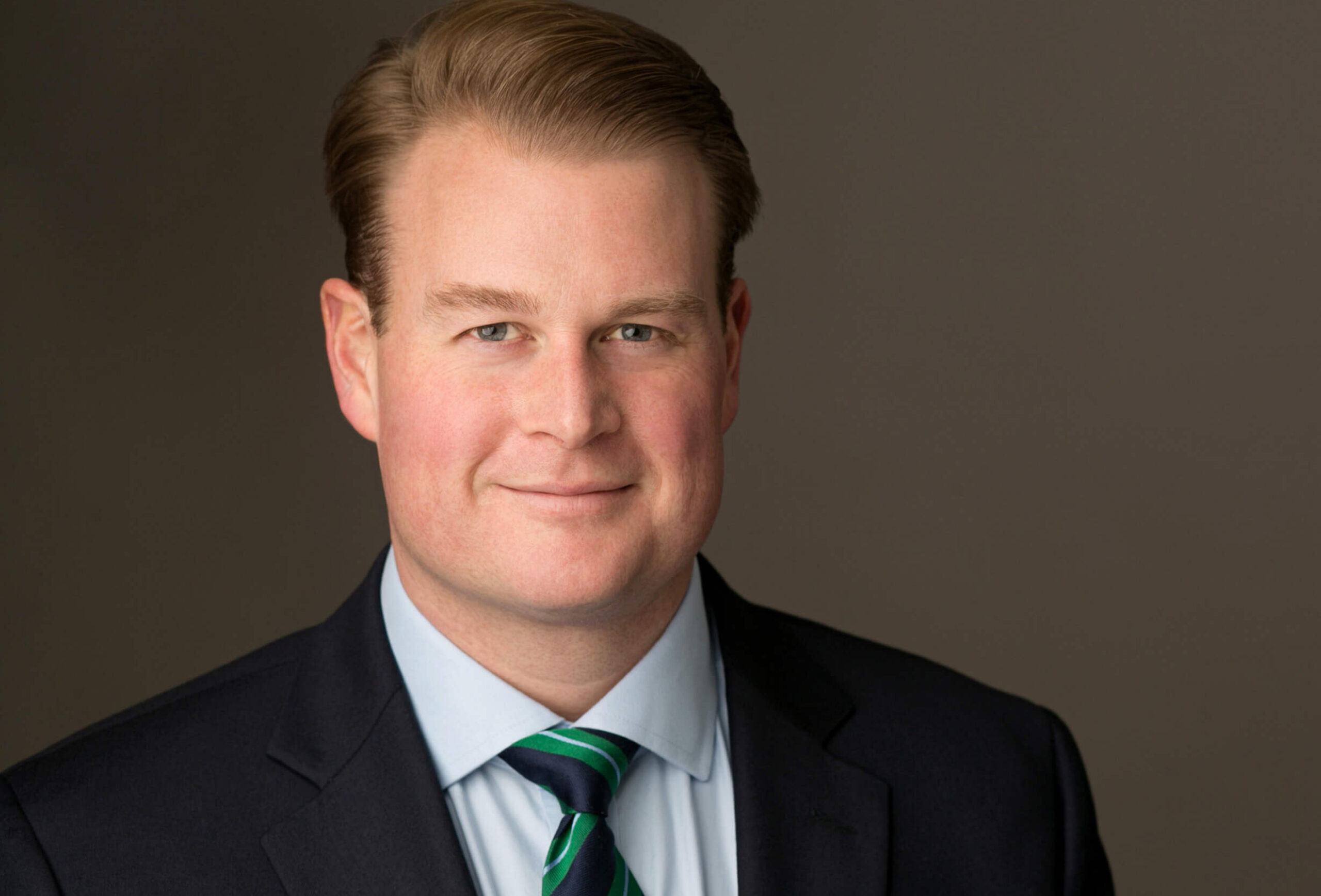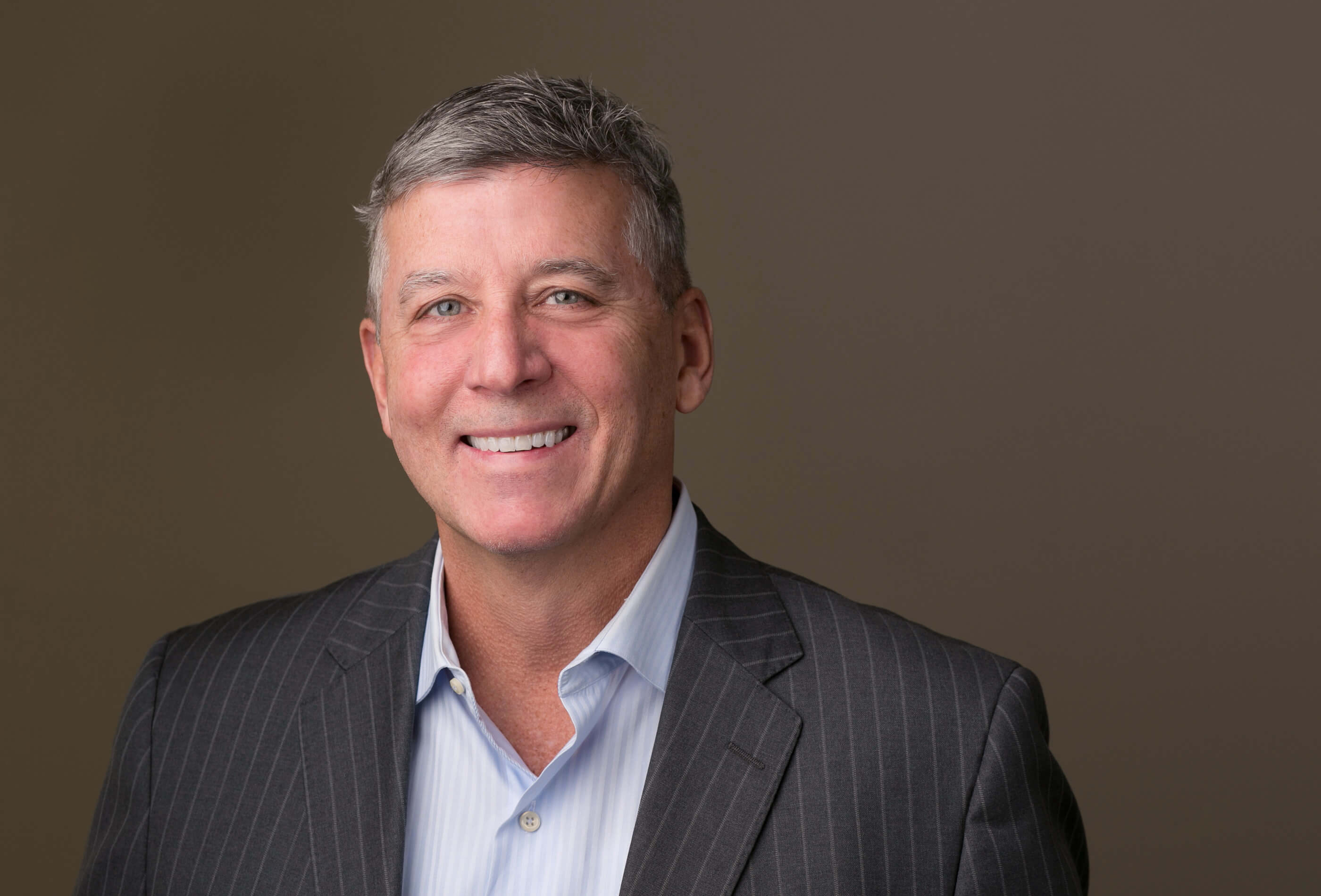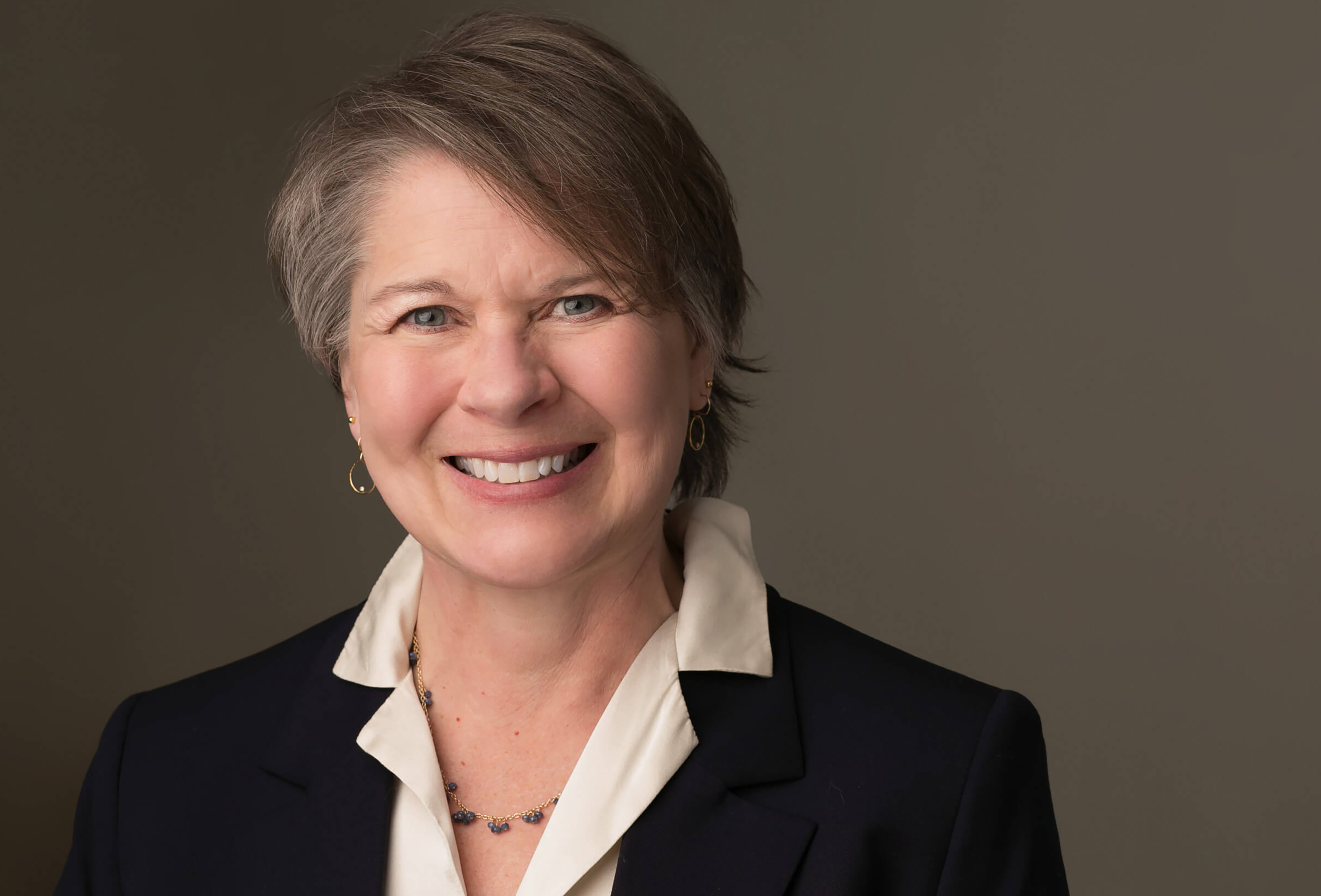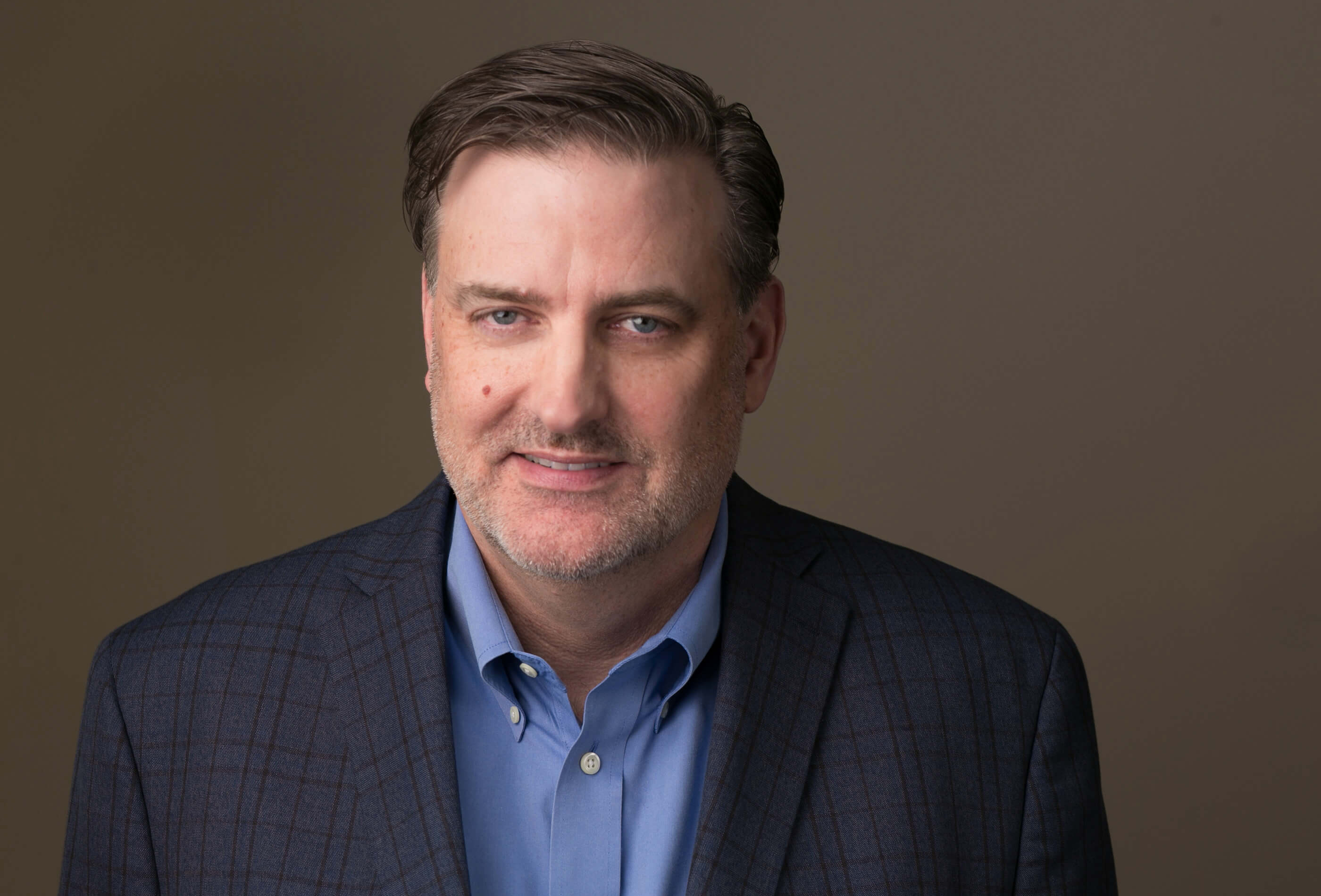
The prevalence of depressive disorder as a dual diagnosis with schizophrenia is high; ranging up to 60% when schizophrenia is in its full-blown acute stage. These illnesses often overlap, so understanding these common types of co-occurring mental health disorders will help patients and their caregivers cope with the challenges they bring.
When trying to understand the link between schizophrenia and depression, there are a few questions to address:
- What is Schizophrenia?
- What is Depression?
- How Does Depression Affect Schizophrenia?
- What Are the Links Between These Two Diseases?
- What Kinds of Treatments Are Available for Schizophrenia and Depression?
What is Schizophrenia?
Schizophrenia is a chronic brain disease affecting how a person behaves and feels. As an illness, schizophrenia is not as common as other mental health disorders, however, it can be one of the most disruptive to deal with. The symptoms of schizophrenia can be severe and are divided into three clinical categories:
- Positive symptoms include psychotic behaviors such as hallucinations, movement, or thought disorders
- Negative symptoms include emotions such as depression, aggression, or decreased feelings of pleasure
- Cognitive symptoms create social and occupational disruption in the patient, with memory, language, and understanding all negatively affected
While schizophrenia can never be cured, doctors can provide medications that can control this difficult disease.
What is Depression?
Depression is a common phrase people use to describe their feelings. But clinically diagnosed depression is a recognized disease of the brain that is much worse than a low mood or occasional sadness. Depression is a serious disease of the brain that causes a mood disorder in patients. The disorder can lead to a variety of problems in a person’s life, and exhibit physical and emotional symptoms such as:
- Appetite changes
- Difficulty concentrating or making decisions
- Energy loss and increased fatigue
- Long-term and chronic sadness
- Loss of interest in activities
- Sleep disturbances, such as insomnia or sleeping too much
- Slowed movement and speech patterns
- Suicidal thoughts
While these are feelings that occasionally occur, these symptoms must last for a least two weeks for a depression diagnosis. It should be noted that clinical depression is different from feelings of sadness or bereavement which can ebb and flow given the situation you’re in.
Clinical depression is a brain disease that can be caused by:
- A brain biochemical imbalance
- Environmental factors such as exposure to abuse or poverty
- Genetics
According to the American Psychiatry Association (APA), clinical chronic depression affects one in 15 American adults each year and one in six people will experience the disease at some point in their life.
How Does Depression Affect Schizophrenia?

“It is likely that people with schizophrenia will more often suffer from depression than those in the general population and probably by quite a wide margin. In fact, some experts maintain that the majority of people (around 70%) with schizophrenia will experience at least one episode of depression during their illness and at any time about 25% of people living with schizophrenia will be suffering from depression. This compares with about 15% of people in the general population.”
One big concern when faced with a dual diagnosis of schizophrenia and depression, is that the studies show there is a higher risk of suicide in these patients.
What Are the Links Between These Two Diseases?
About 25% of all schizophrenia cases manifest symptoms of depression. This is challenging for doctors to diagnose, because some symptoms of schizophrenia manifest as social withdrawal or apathy, which can also manifest in depression. When you compare the listing of negative schizophrenia traits with common traits that occur from depression, they are virtually identical.
In addition to being difficult to diagnose, researchers are still trying to understand what causes these brain disorders. We know there are chemical and physical changes within the human brain structure for both diseases, but the complexities of the brain require more research. We also know that depression within schizophrenia could be caused by:
- A side effect of the medication used to treat the schizophrenia
- Despair and disappointment stemming from life disruption
- General life events such as losing a job
- Loneliness and social isolation
- Physical conditions within the schizophrenic patient, such as thyroid disease
- Public stigma associated with having a mental illness
- The schizophrenia disorder itself
- Schizo-affective disorder which includes schizophrenia but also a mood disorder such as mania or depression
- Street drugs, which are often used by the mentally ill to self-medicate
Diagnosing and treating brain disorders is complicated, and a dual diagnosis of schizophrenia and depression are no exception to this rule. Fortunately, treatment is available that can help both diseases.
What Kinds of Treatments Are Available for Schizophrenia and Depression?

There is still a widespread misperception that people living with schizophrenia cannot be treated. This is simply not true. People with schizophrenia, and with schizophrenia and depression, can and do live full, meaningful lives with treatment from their clinical teams. The statistics show, for one in every five people who develop schizophrenia:
- One will achieve remission of symptoms within five years of the disease onset
- Three will get better during this time but will have recurring symptoms
- Only one will continue to struggle to bring their schizophrenia under control
The treatment for co-occurring schizophrenia and depression can include:
- Electroconvulsive therapy (ECT)
- Hospitalization
- Medication
- Psychotherapy
- Support services
With both disorders, a health professional will conduct a comprehensive examination of the patient, with interviews, diagnostic testing, and a health history and exam. Some medical issues can manifest clinically as depression or schizophrenia. For example, a thyroid problem can cause low energy and a brain tumor can cause hallucinations.
Once the dual diagnosis of schizophrenia and depression are confirmed by the clinical team, the attending doctor will likely prescribe medications or other treatments to bring these chronic disorders into remission.
Reviewed by Alexander Woody, PharmD.






